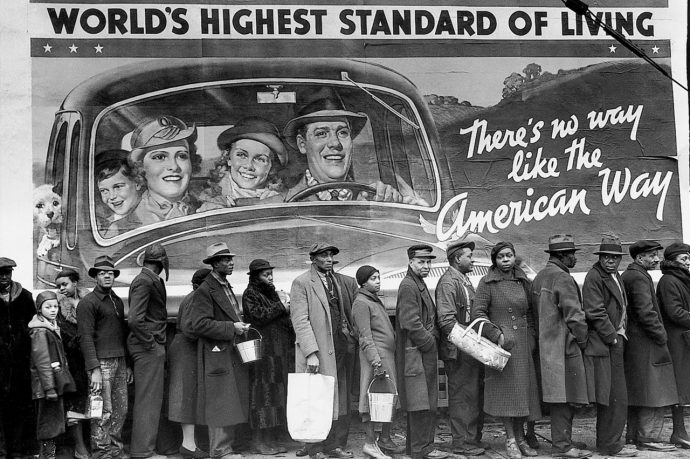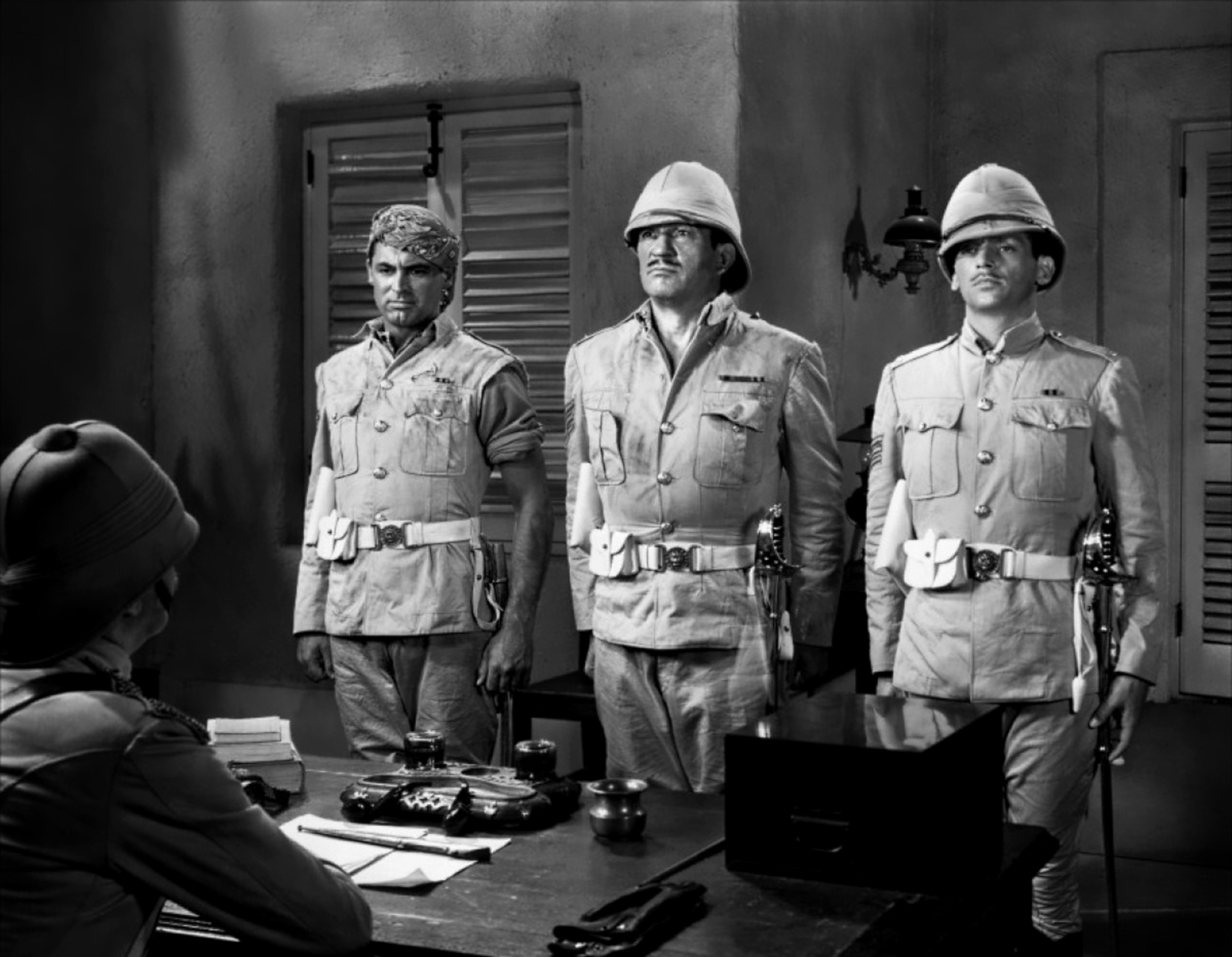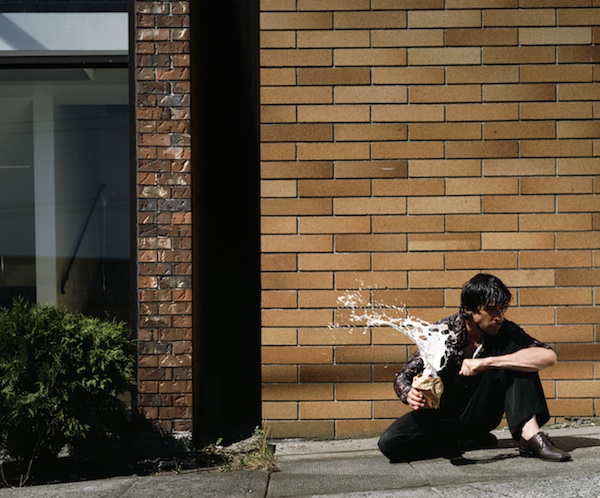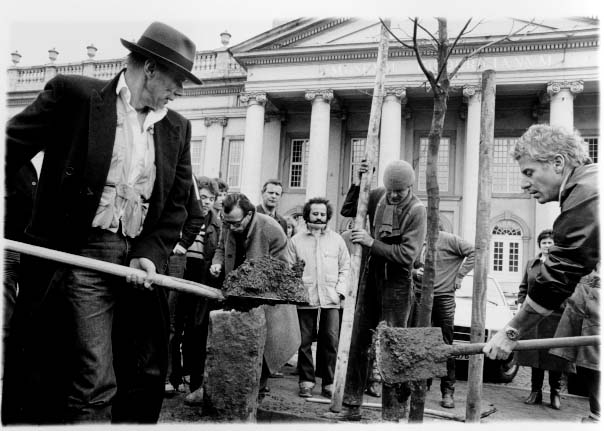How do we decide what factors are wheat and what are circumstantial chaff? Once we have, can we say that we are attending to history, or should we rather say that we are producing a carefully counterfactual story of our past history with the right features to motivate action in the present that suits our present sensibilities? Or, to put the matter in terms of the question I want to ask, does history provide evidence of historical consciousness (as opposed to antihistoricism) as a necessary condition of class-driven politics? This is the matter Adams assumes, and which I want to make explicit.
BY Stanley Bill
The notion of postcolonial theory has been floating around the Polish intellectual scene for the last ten years like a colorful balloon that nobody can ever quite capture or claim. Given the country’s experience of foreign occupation and domination throughout the nineteenth and twentieth centuries – and an earlier quasi-colonial history of its own in present-day Lithuania, Belarus and Ukraine – postcolonial theory seems at first glance to open some intriguing possibilities in Polish historical, political, sociological, cultural and literary studies. Indeed, various scholars in all these fields have advocated a turn towards it, though the discussion has generally failed to advance far beyond repeated prefatory remarks and prolegomena. Postcolonial theory in Poland increasingly resembles an unrealized possibility that has somehow already exhausted its creative potential – a stillborn theory.
BY Jan Sowa
The ideas and convictions expressed by the Polish conservative adherents to postcolonial theory that Bill so eloquently analyzes are just a new articulation of an attitude long established in Polish culture: the one of an alternative and indigenous modernity sharply contrasting with the content of Western modernism, to use above-mentioned Jameson’s notion. What the Polish adherents of the postcolonial studies advocate is not a simple rejection of modernity tout court, an attitude that can nowadays be found in such places as Bhutan, but rather a perverse deviation from modernity: modernization without modernism.
Another way of putting this is to say that the violence of the frame consists above all in making our lives as irrelevant as hers, and it’s in this indifference to our particularity (this allegorizing of its irrelevance) that I locate the politics of Kydd’s work.
BY Todd Cronan
Once the door had been opened onto the phenomena of the chronically unemployed, it appeared there was no closing it. Which is to say, even though the intervening period—at least between 1945 and 1979—was characterized by something wildly different than rank unemployment, nothing about this fact altered the vision of revolutionary progress centered on the figure of the precariat. It would be fairer to say exactly the opposite. The “affluent society,” as Kenneth Galbraith described it in 1958, was the source of endless lament on the Left (the Right’s attitude toward the growing equality in wealth is another, but related, story).
If it’s true that many of our contemporaries and immediate predecessors – and particularly poets — haven’t been interested in Brecht, it isn’t quite right to say that it must be because Brecht’s work is “too didactic or too plain in its political motivations” (or, we could say, too committed). Rather, if Brecht has held little interest, with respect to aesthetics and politics alike, it’s because aesthetics and politics alike have been “strictly personal,” transformed into a matter of “talking about oneself” – of expressing one’s attitudes and “special feelings” — instead of what they were for Brecht: impersonal, a matter of accuracy and normative judgment.
BY Todd Cronan
As critics have ceaselessly argued, the core problem with Brecht’s art and theory is his didacticism. Brecht undoubtedly saw art in moral and political terms. Moreover, he thought that morality was a consequence of his works. He described all works of art as “necessarily…bound to release emotional effects.” The only difference between his moralism and the moralism of “bourgeois” art was that he believed his effects could fail. Even though all works produce emotional effects, the job of the (non-bourgeois) artist was to defeat the free play of affect. Brecht’s art continually thematizes open-ended affect as the thing to be overcome, or to show how it had not been overcome by his characters, making that failure a problem to be resolved outside the theater.
For, when the neoliberal state has been absorbed by the market, how is it possible to resist it? Or, to put the question in a simpler form, how does one “resist” the market (essentially, the question posed by “Bartleby”)? Neoliberalism, of course, has no interest in answering this question; its account of political resistance is not resistance to the market, but resistance in the market. In other words, resistance itself essentially becomes privatized, as political principles find their primary expression in market preferences.
Araeen’s “ecoaesthetics” insists that artists can and should make a difference in a world beset by environmental emergencies. He shows one way to move in this direction, by collectively implementing artistic ideas. Thinking of his polemic and of the many and various ecoart projects realized in recent years, we could be forgiven for wondering how much of a difference in this direction is “enough.”
So why is a tale about a manumitted slave/homicidal black gunslinger more palatable to a contemporary leftoid sensibility than either a similarly cartoonish one about black maids and their white employers or one that thematizes Lincoln’s effort to push the Thirteenth Amendment through the House of Representatives? The answer is, to quote the saccharine 1970s ballad, “Feelings, nothing more than feelings.”











